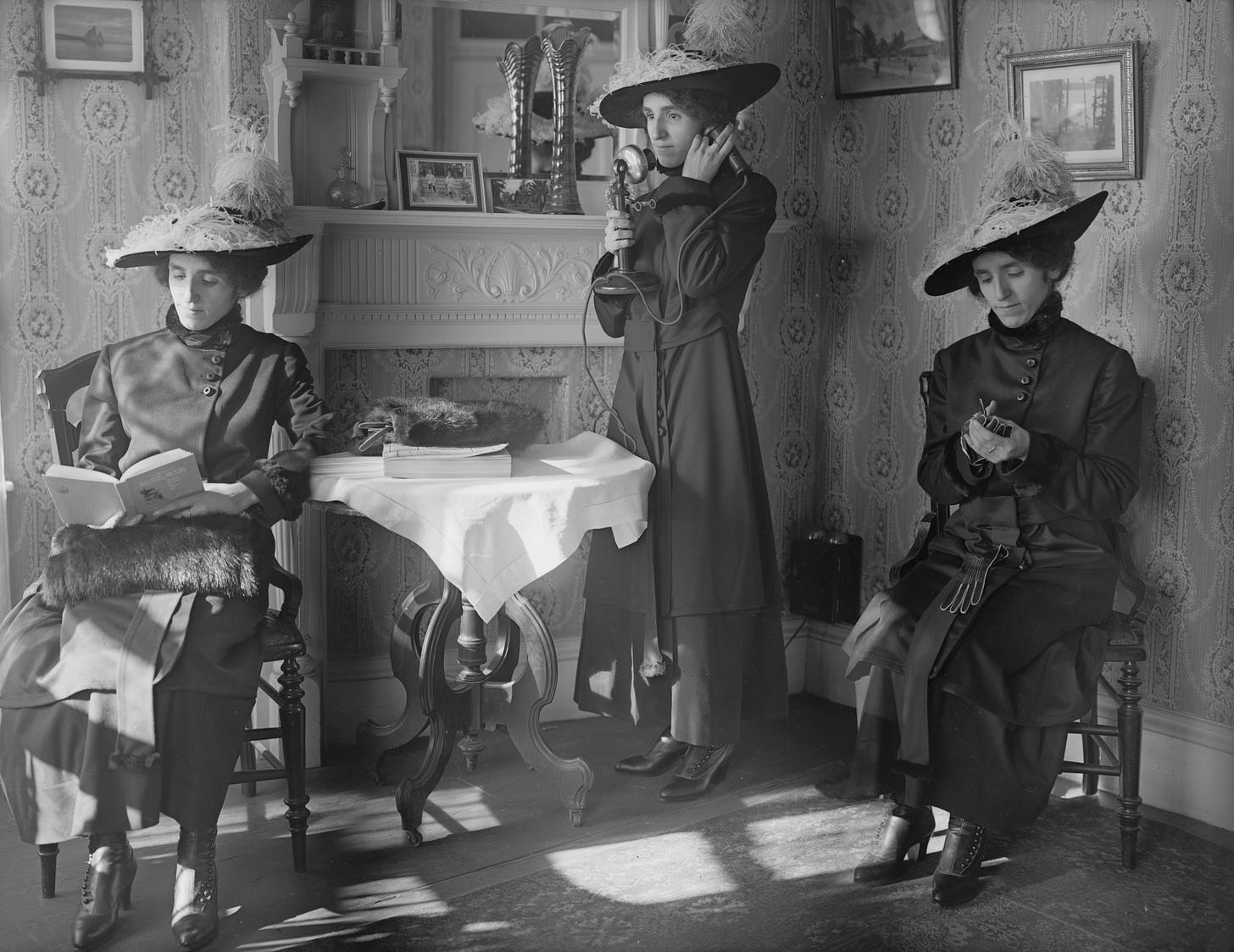the power of creating context
How you can influence one big decision by a couple of small nudges and eye rolls.
I want to write about context. There was a very memorable scene in a show called The Newsroom. In fact, that show was a masterpiece of writing, each episode (except the last few) was pure class.
This particular scene in question was about firing someone extremely senior. And this one-sided love usually causes a lot of drama in any organization. However, in the show, the idea was to fire this person, by creating context. When you fire someone out of the blue, there will be bad blood, especially if you are talking about a senior person.
But when you create a context, spread subtle rumors, talk semi-negatively - not direct, but indirectly comment about their work, how their attitude changed recently, small snubs - really work wonders. Don´t forget, there´s always that one clique that´s going to create that perfect believable rumor.
I recall I once had a colleague in my team who was hired in a senior position from competition - his welcome was on a red carpet. But the problem is, when you fly high, your wings melt. Or are made to melt.
Other senior managers felt threatened, and a few weeks later, I heard a rumor about his ´drug´ problems. I knew he was sober for over a decade; he probably smoked a joint back in university but when this is taken out of context or only partial information is shared “did you know he did drugs?” with an eye roll, everything changes.
The poor guy was let go without any drama. In and out in less than 3 months.
Context is so powerful. And absolutely necessary in any situation. Want to accuse someone of cheating on you? Start with creating context (I hope you are being fair).
What is right and what is wrong becomes irrelevant. Small rumors and lies leading to the big move.
Back to the show, the fact that this strategy was mentioned, was an eye opener for me. I saw it in 2012, and I was able to relate that to my colleagues firing. And since then, I´ve seen it (and have used it) multiple times.
I once wanted to resign but I knew it would be a shock and I didn´t want to handle the drama of “why did you resign suddenly?”. I´m an escapist in that regard. So, I created context for myself. And when I finally resigned, I only got “Good for you” “Proud of you” “You´ve put yourself out of misery”, instead of “OMG, really, how come?”
Context is powerful. At home, in office, in relationships. It´s a gradual introduction to a large force. It is smart, it is strategic.
It is a tool that you must use sparingly, because words have power, but too many words and the power diminishes.
Context can also be used to create bad blood between two slightly gullible people. Last year, when I was new to my current firm, I had problems with my boss. When I went to HR, she piled on to my existing problems telling how difficult my boss is. She created such a situation that I was convinced that I was right and that my manager was wrong. My HR kept continuing to add context and finally, my manager became a monster in my head. I had to realize what just happened until I stopped talking to my HR and became objective again. And I realized I fell for the classic context fraud.
When you´re so deep in it, you don´t realize that the context is deepening, and you´re adding to it knowingly or unknowingly. You need to know how to use it and when it is used on you or with you.
Nothing is unplanned, especially not when the decision is to fire a senior employee.


